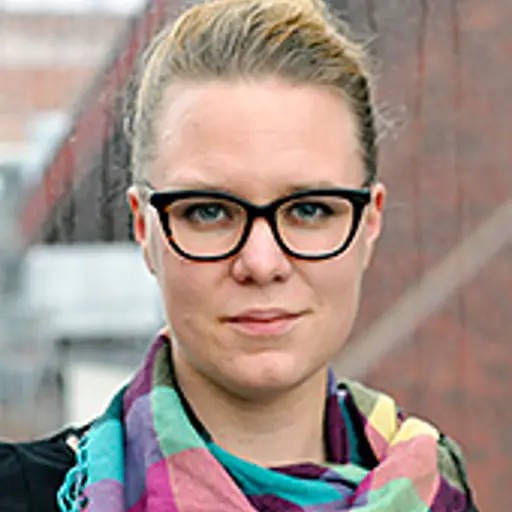The research area Circularity and Sustainable Product Use addresses how products, services, and systems can be designed to enable and support people to live their lives in a sustainable way.
The research area engages researchers addressing topics such as product circularity, waste management, domestic energy use, and personal transport. Through explorative and prescriptive studies, we seek to contribute new knowledge with the overall aim to make every design circular and sustainable to use.
The research conducted within the research area aims to increase our knowledge on how to design products and services better fit for supporting a sustainable everyday life. Studies are carried out to explore how people use everyday designs; to identify environmental and social impacts associated to the use of specific designs; to test new designs; and to identify opportunities for new and sustainable designs.
Sustainability development goals
The research tackles several of the Sustainable Development Goals developed by the UN to reduce the negative environmental and social impacts associated with today’s products and services. The central goal addressed is Goal 12 – Responsible Production and Consumption – which deals with how economic growth can be decoupled from resource use through changes in business practice and consumer behaviour. Specific research studies are also linked to other goals, such as Goal 7 – Affordable and Clean Energy, Goal 9 – Industry, Innovation and Infrastructure, and Goal 11 – Sustainable Cities and Communities.
Research themes
A number of different themes related to circularity and sustainable product use are addressed, including circular consumption, material re-circulation, and domestic energy management and conservation.
Circular consumption
Opportunities for supporting circulation of products, commonly explored from a production and business point of view, can also be explored by taking people’s consumption processes as a point of departure. By considering how people obtain, use and clear (pre-)used products, a better understanding can be gained regarding the activities and practicalities that circular consumption entails for people in everyday life. Such an understanding can aid the identification of new design opportunities to make an exchange of products from use(r) to use(r) more convenient and preferable to people. In the research project A User Perspective on Product Life-Cycles we developed a toolkit to support designers to explore use-to-use design opportunities, which is available for all on our external website Use2Use. Through the research project Design for Circular Consumption we will disseminate the tools and evaluate their usefulness and potential effects together with industry.
Material re-circulation
Opportunities to collect waste generated in households and municipalities with the aim to make further use of these resources has been another important topic at the division since the beginning of the 1980’s. Waste management and sorting of biodegradable and recyclable waste fractions have been explored in a number of studies over the years. Our more recent research projects Fixoteket – Neighbourhood mini-recycling and reuse centres, CURE, and Waste to design explore the potential of re-using and re-purposing discarded materials when designing and making new products.
Domestic energy management and conservation
Exploring ways to support domestic energy conservation has been an important research topic at the division ever since the mid 1980’s. Studies have been carried out to explore people’s use of energy as well as the effects of providing feedback on energy use through, for instance, invoices, teletext, websites, and mobile applications. More recent we have been engaged in the development and evaluation of Ero – a new way of organising energy use. Ero provides households with an overview of their energy use and relates it to current energy sources. In addition, Ero enables people to easily turn on, turn off and schedule product use. In another research project, Social Energy, we have been involved in the development and evaluation an IoT enabled system for real time energy monitoring and energy gamification in collaboration with Eliq, which has won several awards including the Energy Monitoring Solution of the Year Award 2017. Currently, we run the research project Designing Everyday Energy Resilience through which we explore how everyday life and the products we use could be more resilient to disturbances in the energy system.
Theory
The theoretical underpinnings of the research are multi-disciplinary, combining design theory with theories from social sciences and applied sciences. The research does not only seek to make use of existing theories, but also contributes new knowledge and builds new theories. For instance, research is conducted to investigate similarities and differences between taking a behaviour-, activity-, or practice-oriented approach to understand why people act the way they do in everyday life and how everyday designs for sustainable change can be envisioned.
Areas of expertise
Design for circularity
Design for sustainability
Design for Sustainable Behaviour
Enabling meaningful change
Nudging
The research group

- Senior Lecturer, Design & Human Factors, Industrial and Materials Science

- Associate Professor, Design & Human Factors, Industrial and Materials Science

- Adjunct Senior Lecturer, Industrial and Materials Science

- Doctoral Student, Design & Human Factors, Industrial and Materials Science